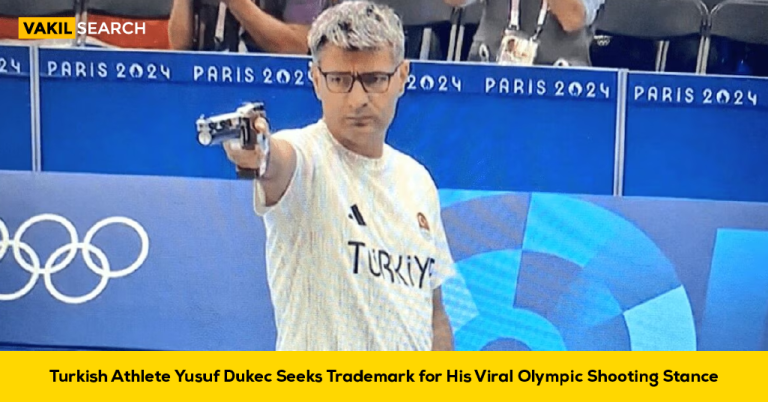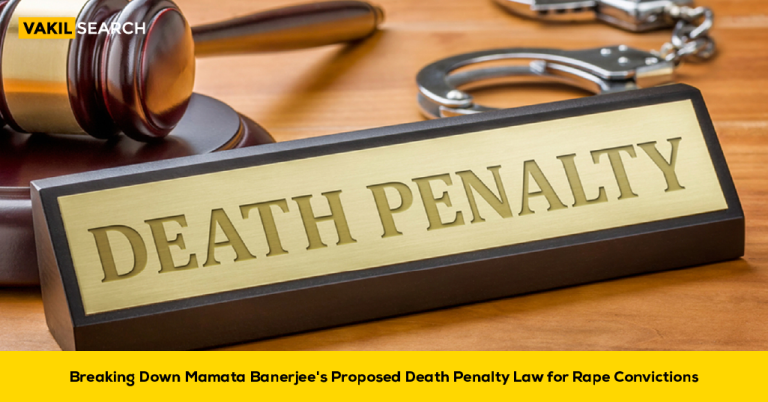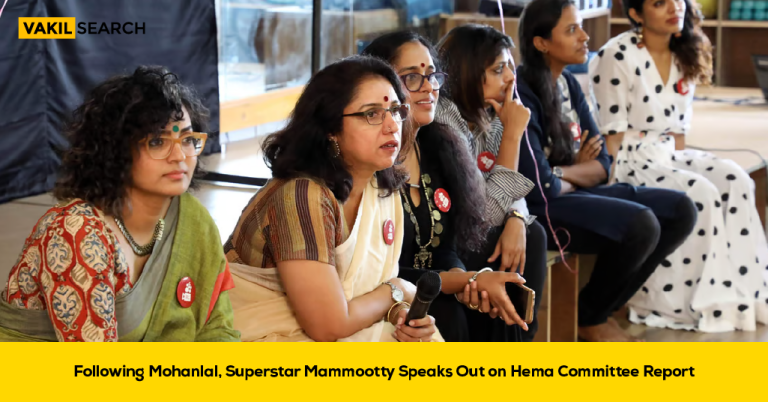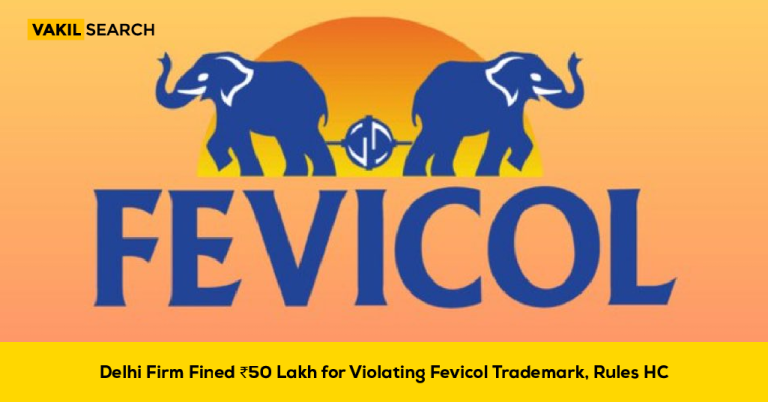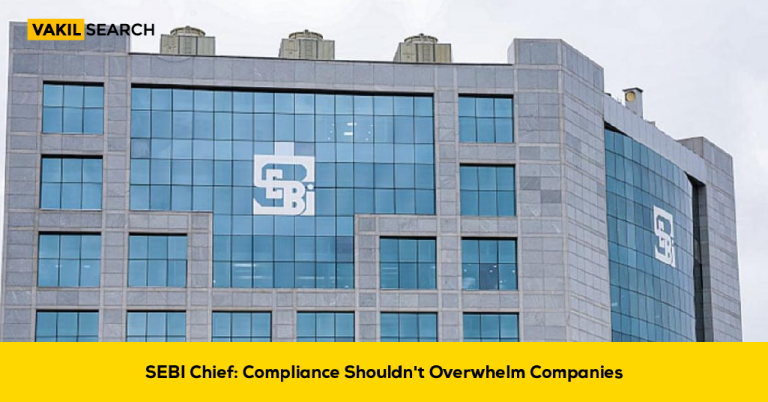Over the past few months, the pharma sector has experienced a significant rally in the market, largely driven by the phenomenon known as the ‘Patent Cliff.’ A patent cliff occurs when numerous drug patents expire, allowing other companies to produce similar drugs.
Typically, a drug patent lasts for 20 years, during which the original company enjoys market exclusivity and can command premium pricing. This exclusivity period allows for maximised revenue, profits, and growth. However, once the patent expires, generic drug manufacturers enter the market, producing and selling the same drug under different brand names. The resulting increase in production volume leads to lower manufacturing costs and reduced pricing for the medication.
Impact on the Pharmaceutical Industry
The pharmaceutical industry relies heavily on research and development, but the patent cliff poses a significant challenge for global innovator companies. When a high-revenue drug loses its patent, the company often sees a sharp decline in income. For example, during the 2010 patent cliff, some companies experienced revenue drops of up to 90%.
Notable cases include Pfizer’s Lipitor, which lost its patent protection in 2011, and Eli Lilly’s Zyprexa, used to treat schizophrenia and bipolar disorder, along with Bristol-Myers Squibb’s Plavix, a widely used blood thinner, which all faced similar challenges around the same time.
Between 2011 and 2016, over $100 billion worth of drugs went off-patent. However, for Indian investors, this situation presents a significant opportunity. While the patent cliff challenges innovator companies, it opens up substantial opportunities for generic drug manufacturers, particularly those in India. When a drug’s patent expires, generic companies can produce bioequivalent versions at a fraction of the original cost, making the drug more accessible and boosting the financial strength of generic manufacturers.
India, as one of the largest producers of generic medicines globally, stands to benefit immensely from the upcoming patent cliff. With over 60,000 different generic brands across 60 therapeutic categories, Indian pharma companies are already key players in the global market. In FY23, Indian pharmaceutical exports surpassed $25 billion, and the future looks promising.
As we approach the expiration of patents on over $200 billion worth of drugs by 2030, this presents a golden opportunity for investors to capitalise on the growth potential of Indian generic pharma companies.
The Nifty Pharma index significantly outperformed the Dow Jones Pharma index between 2010 and 2015, with the Nifty Pharma index surging by 219% compared to the Dow Jones Pharma index’s 99% growth.
A ratio chart illustrates this trend, showing the Nifty Pharma index outperforming the NASDAQ VANECK Pharma ETF from 2009 to 2016, after which the sector experienced a period of sluggish momentum. However, recent months have seen a resurgence in the Nifty Pharma sector, which broke its previous high in June 2024. This rally, coupled with the ongoing patent cliff, signals strong growth potential for the Indian pharma sector.
India is expected to play a pivotal role in the global pharmaceutical market in the coming years. The Indian pharma sector is projected to grow at a CAGR of 12-16% during 2024-2030, compared to the global pharma sector’s anticipated CAGR of 6-8% over the same period.
According to the Federation of Indian Chambers of Commerce & Industry (FICCI), the market size of the Indian pharmaceutical industry is expected to reach $130 billion by 2030. With approximately 30% of India’s pharmaceutical exports going to the U.S., the world’s largest pharmaceutical market, the growth potential is vast.
While the patent cliff poses challenges for some, it represents a significant opportunity for those who recognize the potential in the Indian pharma sector.
Technical Outlook
The Nifty index closed at 25,236 on Friday, marking a 1.66% gain for the week and a 1.14% rise for the month. Following a period of consolidation in mid-August, Nifty rebounded sharply, advancing for 12 consecutive sessions.
The daily chart shows a breakout from a diamond pattern, with the rally gaining momentum. Nifty is now above all short-term moving averages, and the daily RSI remains strong near the 70 level. Sector-wise, Nifty IT surged 4.13% over the week, bolstering the index’s bullish momentum.
Global markets maintain a positive tone, which the domestic market has effectively mirrored. The India VIX currently stands at 13.39 and remains below the 15 mark, indicating a mixed outlook. Overall, Nifty is expected to trade sideways with a positive bias, with key support around the 25,000 level.
Vakilsearch offers expert patent filing services to help inventors, startups, and businesses safeguard their creations. Our team of seasoned legal professionals provides comprehensive support throughout the patent application process, ensuring that your intellectual property is protected from inception to commercialization. Trust Vakilsearch to navigate the complexities of patent law and maximise the potential of your innovations. Secure your future with Vakilsearch – your partner in intellectual property protection.


